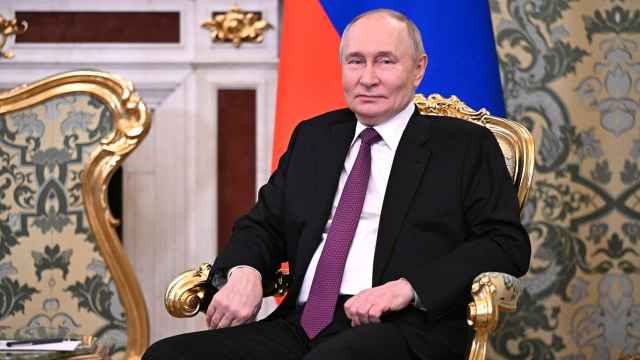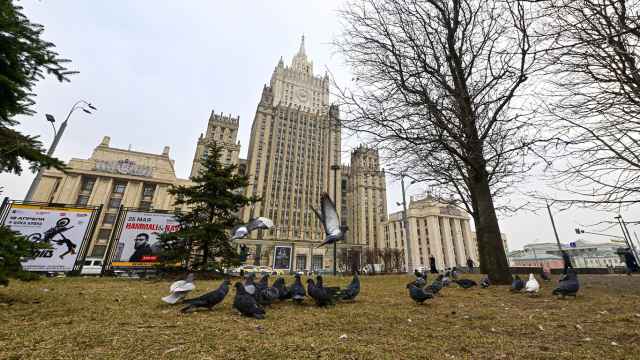The government is planning to transform Siberia from a raw-materials backwater into a comfortable place to live and do business through the development of high-tech industries, science and tourism, but officials have yet to put a price tag on the project.
The government on Wednesday published on its web site a strategy for developing Siberia through 2020. The region has many problems to overcome, the report said, including its harsh climate, which makes the cost of living and doing business there 25 percent to 40 percent higher than in the European part of Russia. Siberia also has too few roads and airports, and links among regions there are also weak, it said.
But the main threat, the authors of the report wrote, is that Siberia could solidify its role as nothing more than a source of raw materials for developed countries.
Officials want to develop refineries and other value-added production, as well as science and tourism in Siberia. Among the priorities are bio-technology, machine building, medical equipment, agricultural development, construction of affordable housing, as well as production of pulp, paper and furniture
Universities in Irkutsk, Krasnoyarsk, Tomsk, Omsk, Novosibirsk and Kemerovo could be used as the foundations for national research universities. The strategy's authors want the universities to create test models of world-class innovative technologies, which would subsequently be produced and implemented in Siberia.
Tourists can also experience the beauty of Siberia beyond its famous Lake Baikal, they wrote. The region has thermal springs, therapeutic mud baths, forests and beautiful landscapes.
The governor of one of Siberia's regions warned, however, that it would be impossible to shake off the region's reliance on raw materials. The focus should be on developing refining facilities near mineral deposits and investing in training to improve workers' skills, he said.
Siberia's coal deposits account for 80 percent of Russia's total. The region also holds 70 percent of Russia's copper, 68 percent of its nickel, more than half of its hydropower resources and forests, as well as 99 percent of its platinum group metals, the strategy said.
The document offers no estimates for what it might cost to redevelop Siberia. A draft version included the estimate of 1.5 trillion rubles ($49 billion), said one of the officials who participated in the document's preparation. It was decided to drop the figure from the final version, he said, because the strategy should set general goals, while the volumes and sources of financing should be determined for specific projects.
There are about 200 projects now under consideration at the federal and regional levels, such as high-tech birch plywood, ionic batteries and polycrystalline silicon, the source said.
Without a cost estimate, the strategy loses its meaning, said Natalya Zubarevich, director of regional programs at the Independent Institute of Social Policy. Massive spending is needed, and it's not clear who will be investing that money into Siberia, she said.
"Without an estimate of costs, a list of sources for funding and specific projects, the strategy will turn into a natural history textbook," said Bulat Stolyarov, director of the Institute of Regional Policy.
Russia must be counting on active participation of Asian investors, since the state is unlikely to find enough money for the region on its own, he said.
A Message from The Moscow Times:
Dear readers,
We are facing unprecedented challenges. Russia's Prosecutor General's Office has designated The Moscow Times as an "undesirable" organization, criminalizing our work and putting our staff at risk of prosecution. This follows our earlier unjust labeling as a "foreign agent."
These actions are direct attempts to silence independent journalism in Russia. The authorities claim our work "discredits the decisions of the Russian leadership." We see things differently: we strive to provide accurate, unbiased reporting on Russia.
We, the journalists of The Moscow Times, refuse to be silenced. But to continue our work, we need your help.
Your support, no matter how small, makes a world of difference. If you can, please support us monthly starting from just $2. It's quick to set up, and every contribution makes a significant impact.
By supporting The Moscow Times, you're defending open, independent journalism in the face of repression. Thank you for standing with us.
Remind me later.





